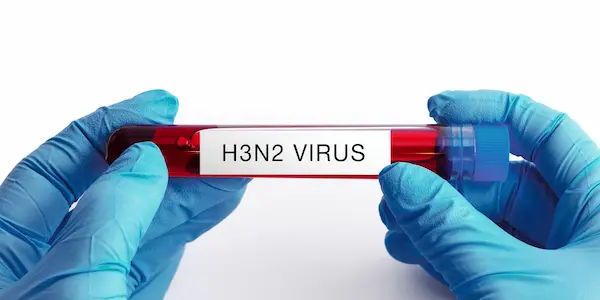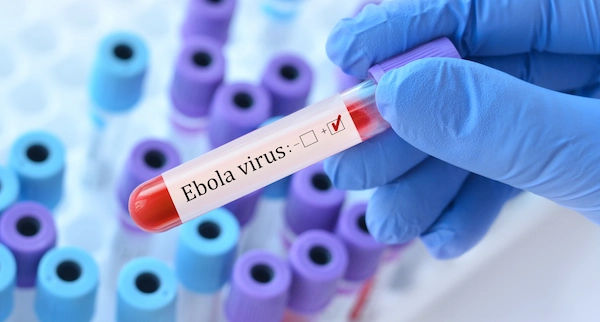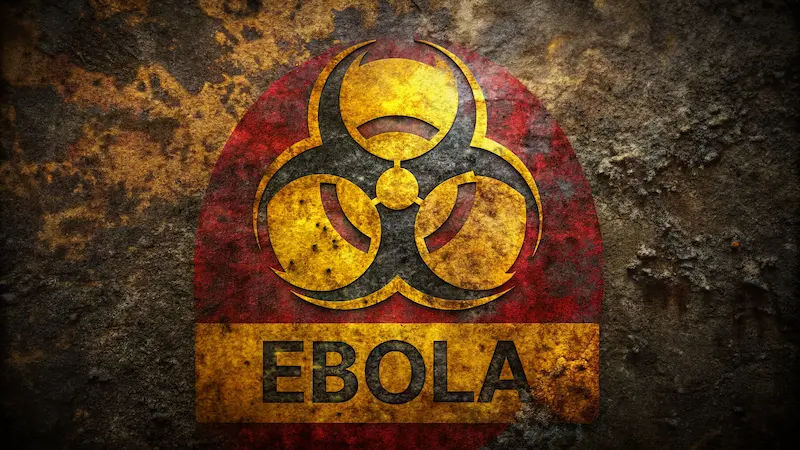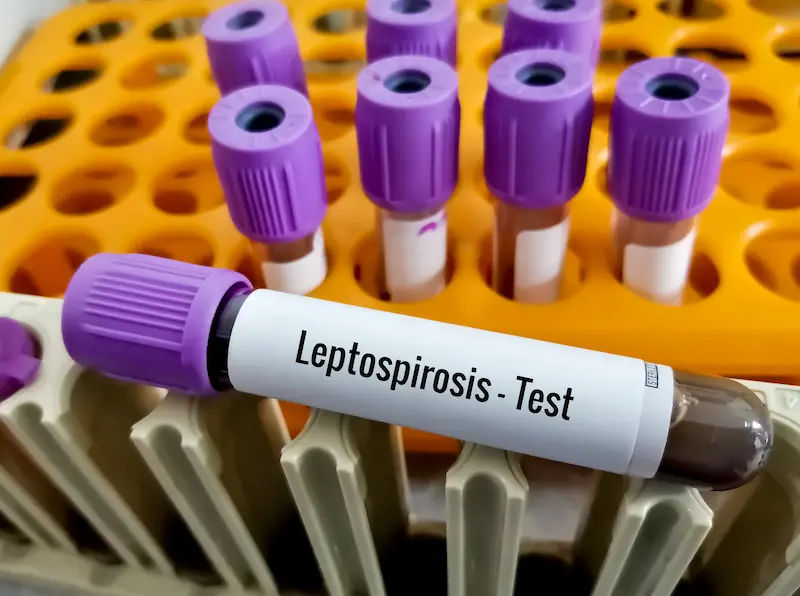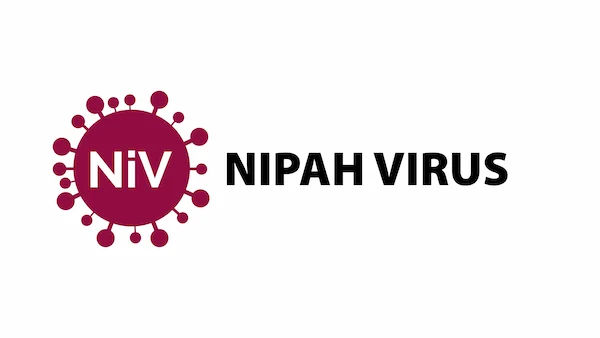- male
- 30 Years
- 29/01/2025
I recently got my HIV test results back, and they came out as non-reactive with a COI of 0.290. I'm a bit confused about what this means. Is it a positive or negative result? Can you help me understand?
Answered by 1 Apollo Doctors
I can understand your concern. Why were you advised hiv 1 and 2 test in the first place? Was there any history of risky behaviour recently? The present report which you have posted here is negative. There's nothing to worry regarding it. But if there's any recent history of risky behaviour, then repeat the test after 3 months. Because the test can be negative during window period.
Dr. Dr Khaleel Suggests...
Consult a Infectious Disease specialist
Answered 04/07/2025
0
0

More Infectious Disease Health Queries
View allI'm really worried about my mom. She's dealing with lymph nodes TB and we began her treatment about three days ago. Since then, her urine has turned red and today she even started vomiting a red color. It's freaking me out, especially because she's diabetic. Can you tell me what might be going on and what we should do?
consult a pulmonologist, its a side effect of one of your medicine, they will stop that medicine
Answered by 1 Apollo Doctors
I've had a low-grade fever for the past two months, and my doctor recommended some blood tests. The results showed that I have typhoid, my WBC is elevated to 16,000, and my ESR is at 70. I'm really worried about what this could mean and what steps I should take next. Could you please help me understand this better and advise me on what actions are necessary?
HOSPITALIZATION IS IMPORTANT. CONSULT A GENERAL PHYSICIAN M.D.. I.V HIGHER ANTIBIOTICS WITH I.V NORMAL SALINE. ELCTROLYTE IMBALANCE SHOULD BE CORRECTED BY I.V FLUID. DIET IS ALSO TAKEN CARE BY IV FLUIDS. ORAL DIET IS ONLY LIQUIDS SO IT IS PERFECT.
Answered by 1 Apollo Doctors
I'm looking at my husband's blood test results, and I'm a bit worried. It says he's rapid positive for Dengue Fever NS1 Antigen. The Antibodies Panel shows IGG as negative but IGM is weakly positive. Plus, his platelet count is quite low, showing 26.0 when the reference range is 150-410. Does this mean he definitely has Dengue? What should we do next?
you take medication.
Answered by 1 Apollo Doctors
Disclaimer: Answers on Apollo 247 are not intended to replace your doctor advice. Always seek help of a professional doctor in case of an medical emergency or ailment.

